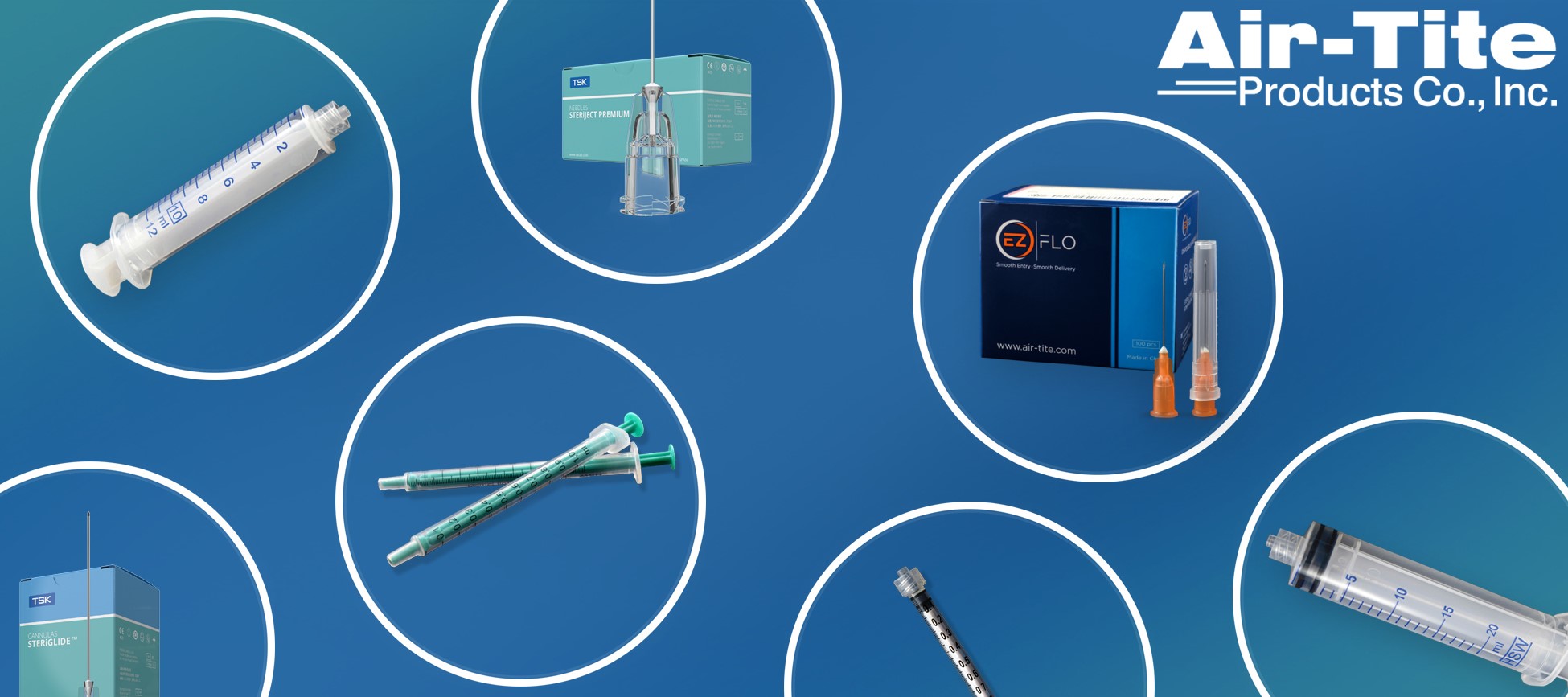
Written by Sarah Villarreal, Healthcare Accounts Representative
According to the World Health Organization, “Monkeypox is a viral zoonosis (a virus transmitted to humans from animals) with symptoms similar to those seen in the past in smallpox patients, although it is clinically less severe.” Monkeypox primarily occurs in central and west Africa, often in proximity to tropical rainforests, and has been increasingly appearing in urban areas. Animal hosts include a range of rodents and non-human primates.”
Science Direct states, “monkeypox infections and outbreaks are spreading at an increasing rate, and now considered a potential global threat.” According to the CDC, as of August 29, 2022, there have been 48,844 total global cases and 18,101 total confirmed monkeypox cases in the United States since January 1, 2022.
The U.S. accounts for 37% of all monkeypox cases! The World Health Organization says, “The disease is transmitted through close contact with an infected person or animal. Human-to-human transmission can result from close contact with respiratory secretions, skin lesions of an infected person, or recently contaminated objects.”
There are two vaccines that may be used for the prevention of monkeypox. JYNNEOS is the only FDA-approved vaccine for the prevention of monkeypox. It is a two-dose vaccine, and it takes 14 days after getting the second dose of JYNNEOS for its immune protection to reach its maximum. It was originally developed to prevent smallpox and has also now been licensed to treat monkeypox.
Similarly, the ACAM2000 vaccine was also developed for the prevention of smallpox and is now available for monkeypox prevention under an Expanded Access Investigational New Drug (EA-IND) protocol. However, according to the CDC, it has the potential for more side effects and adverse events than JYNNEOS.
According to the CDC, “The standard regimen for JYNNEOS involves a subcutaneous (Subcut) route of administration with an injection volume of 0.5mL. In the context of the current nationalPublic Health Emergency (PHE), an alternative regimen involving intradermal (ID) administration with an injection volume of 0.1ml may be used under an Emergency Use Authorization (EUA).” The CDC recommends the vaccine be administered through the intradermal injection into the volar surface of the forearm. They suggest to use a sterile 26 or 27 gauge, ¼” to ½” needle for the injections, which pair great with a 1ml Low Dead Space syringe when product loss is a concern.
We carry several different product options that may be used to administer the JYNNEOS vaccine. Our options vary from a syringe with a needle attached to a syringe and a needle sold separately. Please see the table below for recommended product options.
| SYRINGE WITH NEEDLE |
|
| SYRINGE WITH NEEDLE | |||||||||
|
| NEEDLES |
|
*30-gauge Ultra-Thin Wall needles have the same inner diameter as a regular wall 27g needle. Therefore, a smaller needle can be used.
| LOW DEAD SPACE SYRINGES |
|
| LOW DEAD SPACE SYRINGES | |||||||||||||||||||||
|
*30-gauge Ultra-Thin Wall needles have the same inner diameter as a regular wall 27g needle. Therefore, a smaller needle can be used.
| LOW DEAD SPACE SYRINGES | |||||||||||||||||||||
|
The increased demand for syringes during the start of the COVID-19 pandemic was significant, and manufacturers were unable to keep up with supply demands. If you think your practices will need supplies, we recommend ordering as early as possible.
Air-Tite is here to help with any supply needs that you may have. We offer a wide range of syringe and needle options as well as various other hypodermic products. Please feel free to reach out to our team of experts if you have any questions or need guidance on the best solution to fit your needs. Click below to view our wide variety of products for human healthcare.